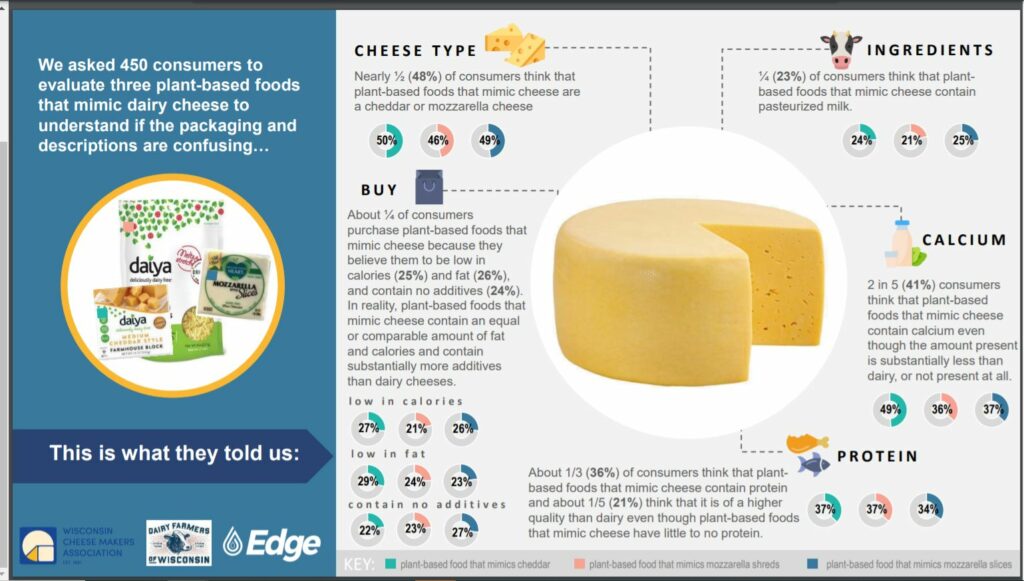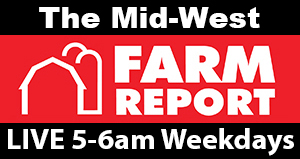
Protecting dairy’s name is once again a topic in the U.S. Senate, and dairy groups are applauding the move.
Following the U.S. Food and Drug Administration’s proposed guidance last week allowing nut, oat, soy, and other non-dairy products to use the name “milk,” U.S. Sen. Tammy Baldwin lead a bipartisan group in introducing legislation to combat the “mislabeling” of non-dairy products using dairy names.
The Defending Against Imitations and Replacements of Yogurt, milk, and cheese to Promote Regular Intake of Dairy Everyday Act (DAIRY PRIDE Act) of 2023 would require non-dairy products made from nuts, seeds, plants, and algae to no longer be mislabeled with dairy terms such as milk, yogurt or cheese.
“Wisconsin’s dairy farmers produce second-to-none products with the highest nutritional value and imitation products have gotten away with using dairy’s good name without meeting those standards,” Baldwin says. “Our bipartisan DAIRY PRIDE Act will protect our dairy farmers and ensure consumers know the nutritional value of what they are purchasing.”
The reintroduced legislation requires the FDA to enforce its own existing standards of identity on imitation dairy products within 90 days and require the FDA to report to Congress two years after enactment to hold the agency accountable for this update in their enforcement obligations.
“It’s extremely frustrating that FDA’s recently released dairy draft guidance contradicts their own regulation and definitions, allowing non-dairy products to use dairy names a violation of the Administrative Procedure Act,” says FarmFirst Dairy Cooperative General Manager Jeff Lyon.
FarmFirst says the bill would bring clarity to food labeling, ultimately helping consumers make better, more informed choices of the food they eat. President John Rettler of Tin Valley Farms in Neosho adds consumers deserve to be provided with clear and accurate food labels, and dairy farmers deserve the recognition for producing such a quality product.
Likewise, Edge Dairy Farmer Cooperative welcomed the reintroduction of federal legislation.
“Research has told us that consumers are confused by how imitation-dairy products are marketed,” explains Edge President Brody Stapel. “There are labeling standards for a reason. Most food products are subject to strict labeling rules, but in the dairy aisle the lack of enforcement is extensive.”

Based on a co-commissioned national survey, the cooperative found that customers are confused about whether imitation cheese products are indeed dairy foods and whether they carry the same nutritional value.
Some of the findings:
— 1/4 of customers mistakenly think plant-based products labeled as cheese contain milk
— 1/3 of customers believe that the products contain protein, and 21% think it is higher quality than dairy even though the imitations have little to no protein; real dairy cheese has 7 grams of protein
— 1/4 of customers purchase imitation cheeses because they believe them to be low in calories and fat and without additives; in reality, these plant-based foods contain an equal or comparable amount of fat and calories and substantially more additives than dairy cheeses

Leave a Reply